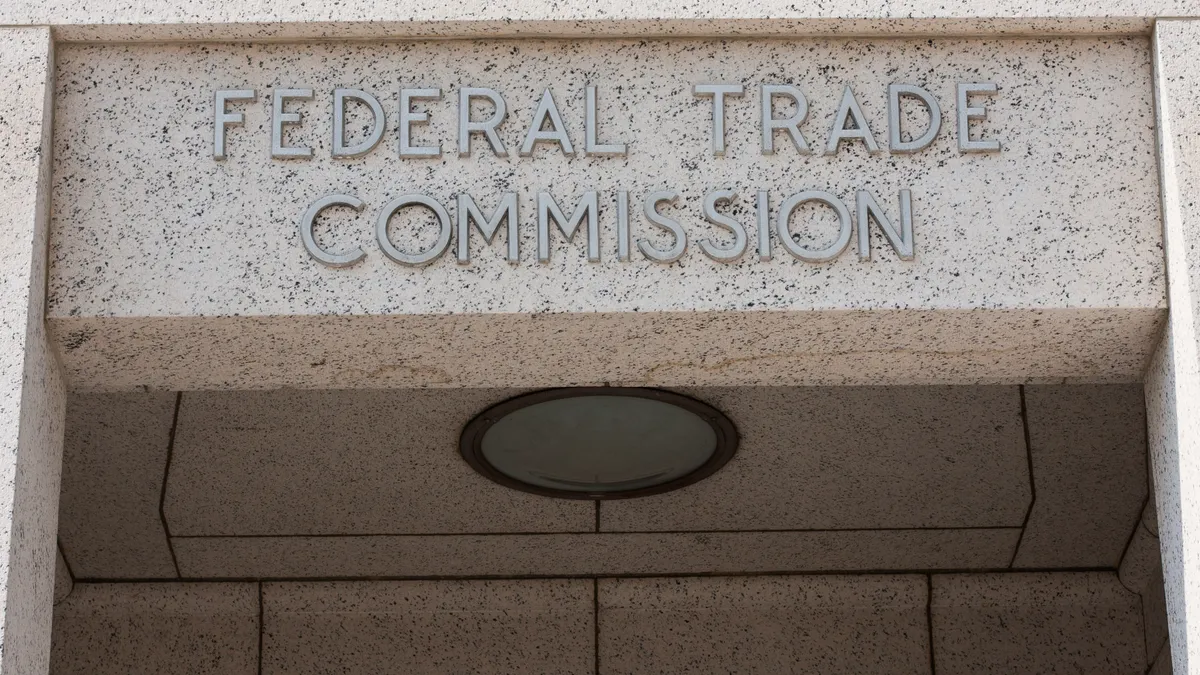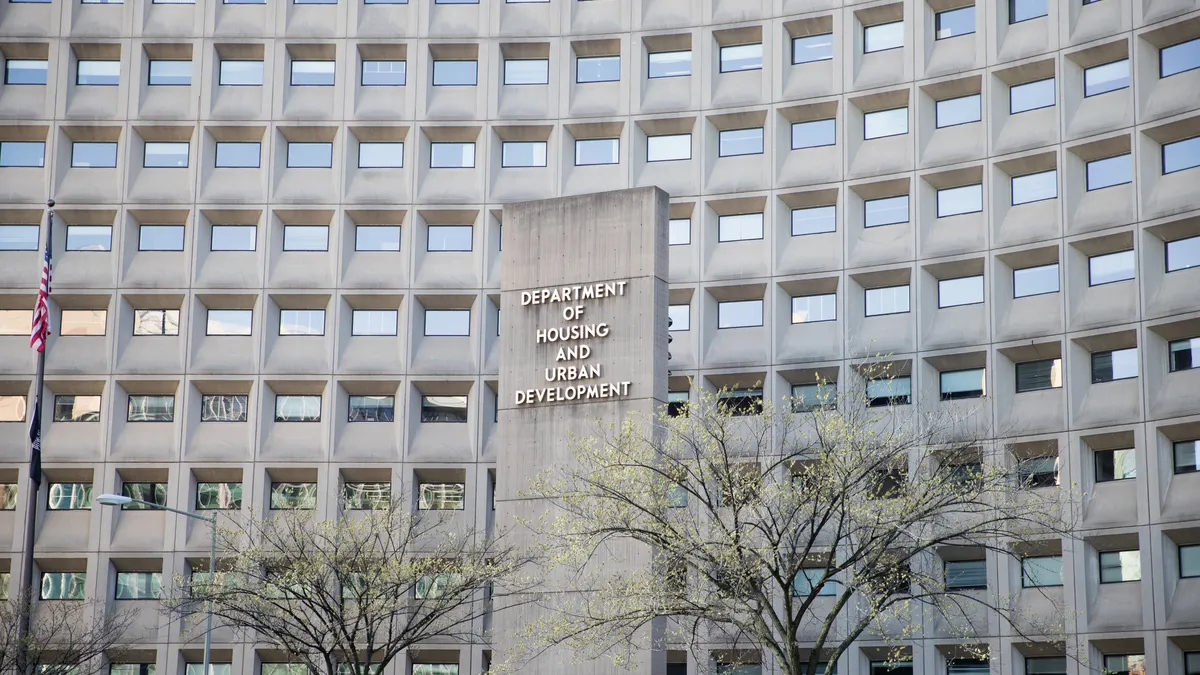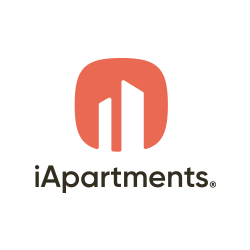Dive Brief:
- The Federal Trade Commission has announced a new proposed rule to prohibit businesses from charging “junk fees,” which it defines as hidden or bogus fees that are not disclosed to consumers before they begin a purchase.
- The rule would require businesses, including multifamily providers, to disclose all fees in a transaction when quoting or advertising a price. This, according to the commission, would ensure customers know exactly how much they are paying, what they are paying for and whether they can get a lower price elsewhere.
- The FTC would be able to seek monetary penalties against businesses that do not comply with the rule and secure refunds for customers.
Dive Insight:
In response to the announcement, National Apartment Association CEO Bob Pinnegar said that the organization supports transparency and dialogue between multifamily providers and residents, but is not in favor of added regulations, which he said can limit the availability of affordable housing.
“Rental housing fees are disclosed in the lease and during the application and leasing process. It is incumbent on both parties to ensure they can uphold the terms of their contractual agreement,” Pinnegar said in a statement provided to Multifamily Dive.
Once a notice for comment on the new rule is published in the Federal Register, consumers will be able to submit feedback in writing or electronically for 60 days.
California recently banned junk fees at the state level with legislation set to take effect on July 1, 2024. The effort to ban junk fees nationwide is one of a number of recent Biden administration actions that could impact the multifamily housing sector; others include gathering information on certain housing practices, such as tenant screening processes and rent increases, and the creation of a blueprint for a Renters’ Bill of Rights.
Earlier this year, Marcia L. Fudge, secretary of HUD, released an open letter urging housing providers and local governments to “adopt policies that promote fairness and transparency of fees faced by renters.” Her recommendations included:
- Eliminating or limiting application fees.
- Allowing a single fee to cover multiple applications on the same platform, or to cover applications at multiple properties owned or managed by the same provider.
- Eliminating duplicative, excessive and undisclosed fees, including administrative or processing fees.
- Identifying bottom-line costs for tenants in advertising, including move-in costs, monthly rent and fees.
At the time, Nicole Upano, assistant vice president of housing policy and regulatory affairs at NAA, defended the presence of fees during the renting process. "Rental application fees are a necessary part of doing business, helping cover the costs associated with responsible screening,” Upano said. “It is paramount that housing providers retain the ability to screen prospective residents and ensure the long-term viability of rental communities.”











